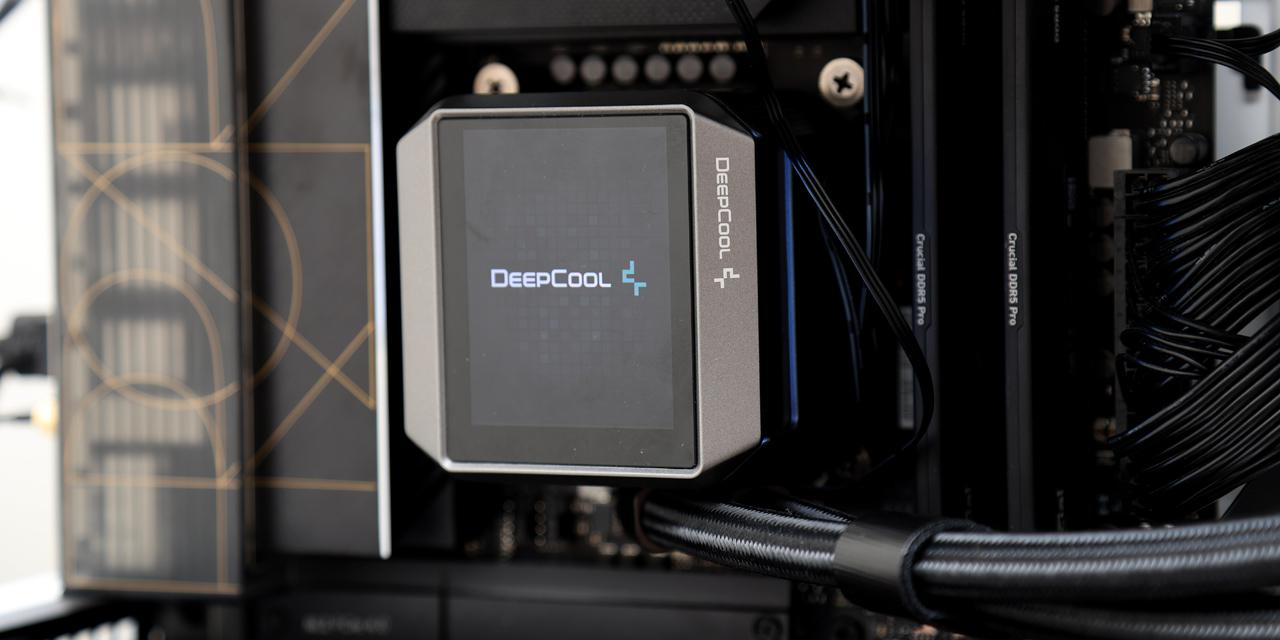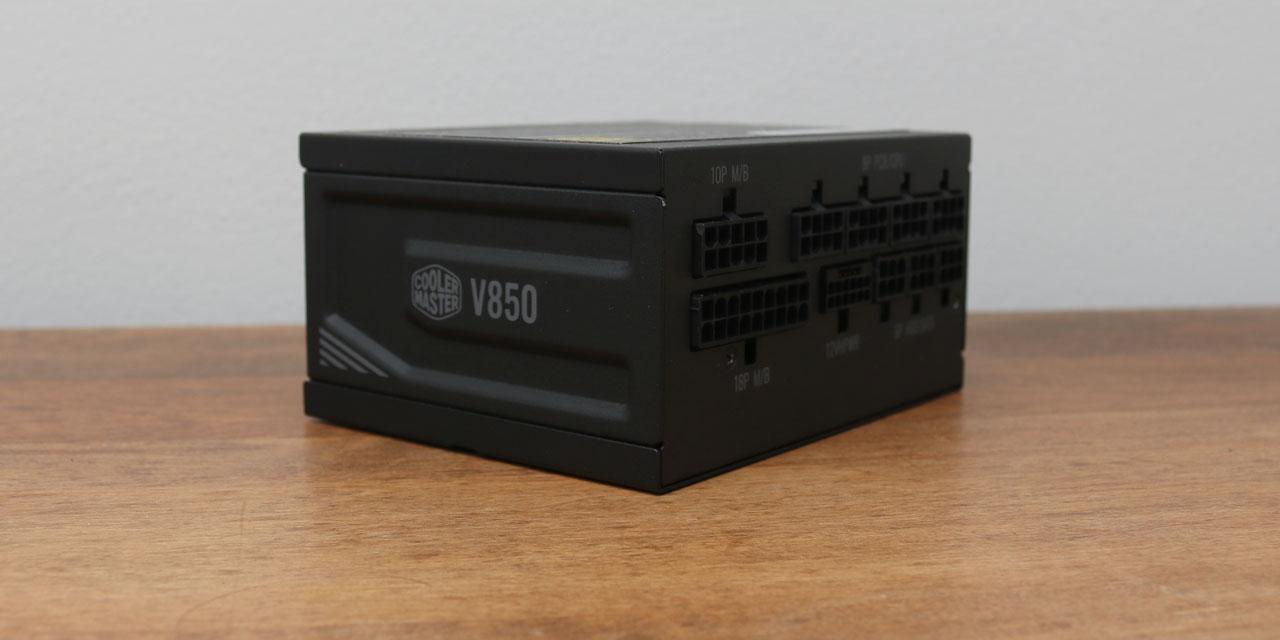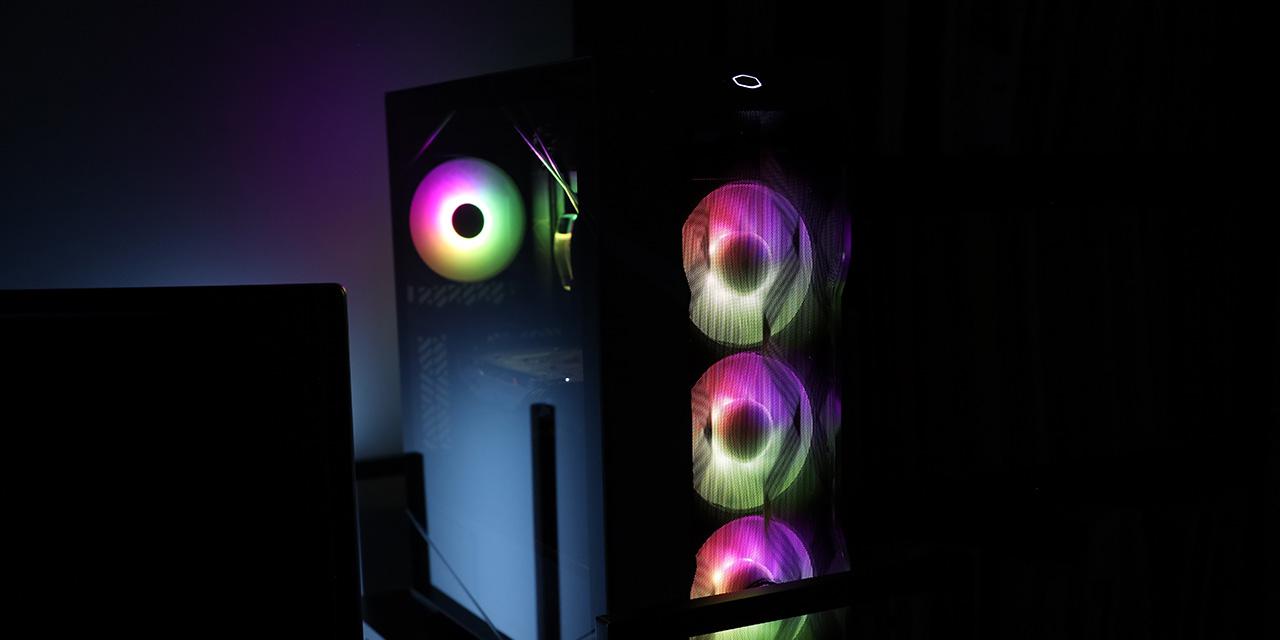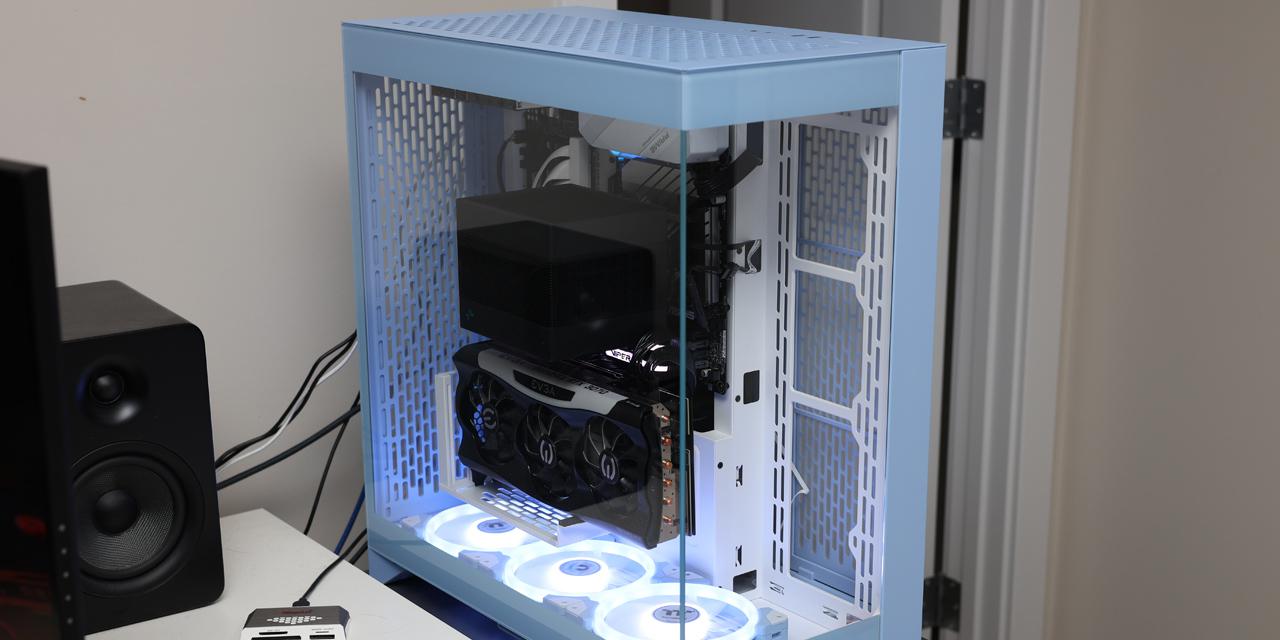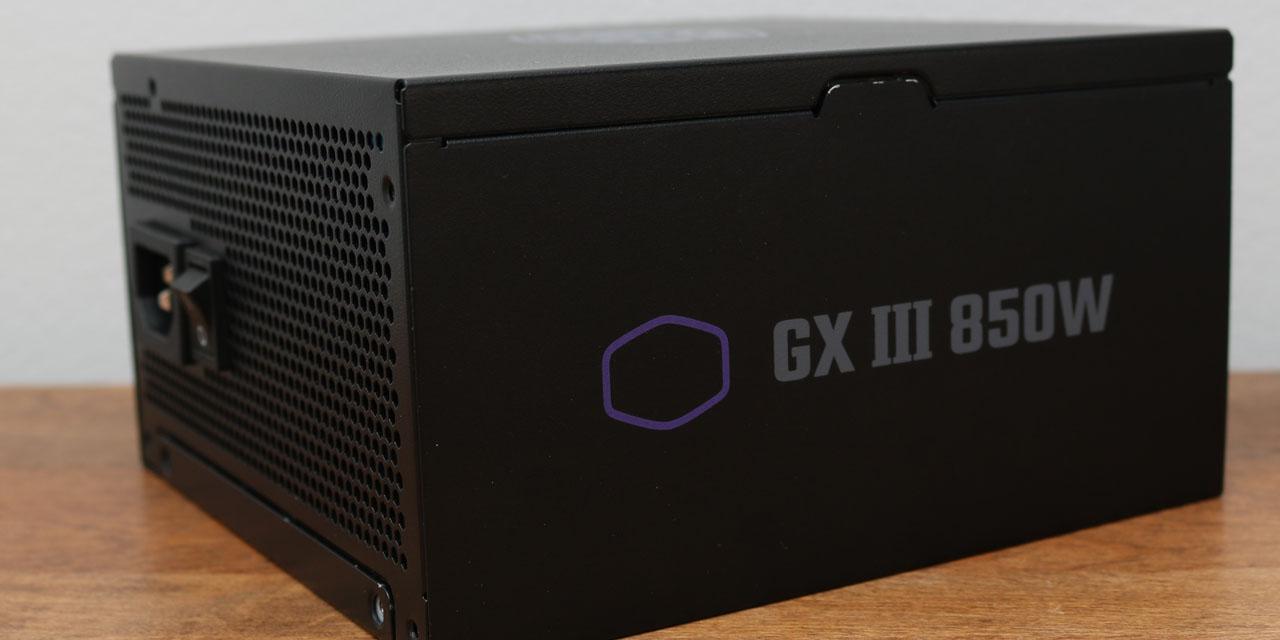|
From X-bit Labs: Intel Corp. has revealed official performance advantage expectations for its next-generation microprocessors code-named Ivy Bridge. Thanks to new micro-architectural improvements, the world's largest chipmaker expects Core i 3000-series processors to deliver up to 25% better performance than existing Core i 2000-series "Sandy Bridge" chips in office applications and up to 199% improvements in graphics intensive apps. Intel recently started to spread its official Ivy Bridge performance expectations among its partners, manufacturers of personal computers and resellers. The documents by Intel, which have leaked to the Internet, demonstrate that Intel rather high expectations for its next-generation Core i 3000-series microprocessors when it comes to general purpose performance and especially graphics performance. According to the documents, Intel Core i7-3770 (4 cores with HyperThreading, 3.40GHz, 8MB cache) will deliver the following advantages compared its predecessor Core i7-2600 (4 cores with HyperThreading, 3.40GHz, 8MB cache): +7% higher overall SYSmark 2012 score; Thanks to improved performance of Ivy Bridge, Intel will not only be able to improve competitive positions of its chips compared to microprocessors by Advanced Micro Devices, but will likely manage to increase its share on the graphics adapter market thanks to more competitive performance of built-in Intel HD graphics engine versus entry-level discrete graphics processors. Ivy Bridge will generally inherit Sandy Bridge micro-architecture and will sport a rather significant number of improvements. Firstly, it will have certain improvements that will boost its performance in general applications by around 20% compared to Core i "Sandy Bridge" chips (e.g., enhanced AVX acceleration). Secondly, the forthcoming chip will have a new graphics core with DirectX 11 and OpenCL 1.1 support, 30% higher performance compared to the predecessor as well as new video processor and display controllers. Thirdly, Ivy Bridge will feature PCI Express 3.0 x16 interconnection as well as PCIe 2.0 x4 controller. In fourth, the processor will support a number of power management innovations. The CPU is made using 22nm process technology. View: Article @ Source Site |
 |
Intel Reveals Ivy Bridge Chip Performance Numbers to Partners
© Since 2005 APH Networks Inc. All trademarks mentioned are the property of their respective owners.
